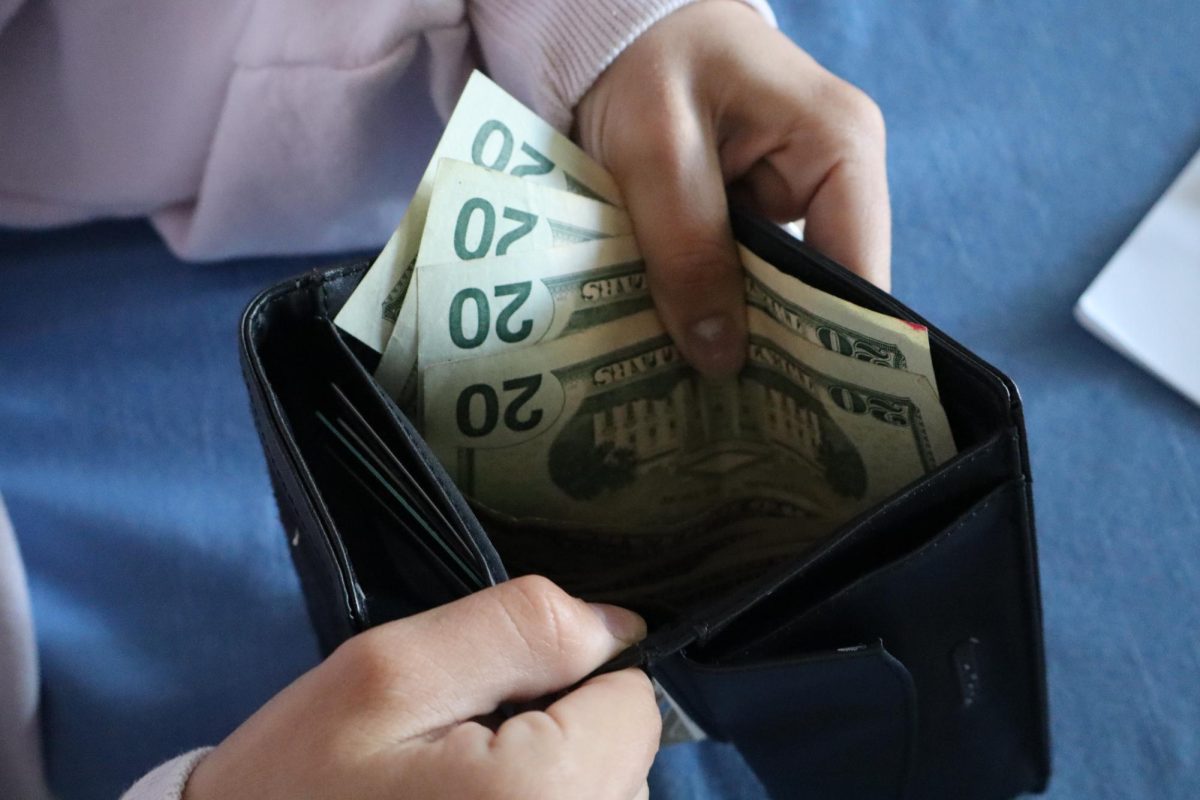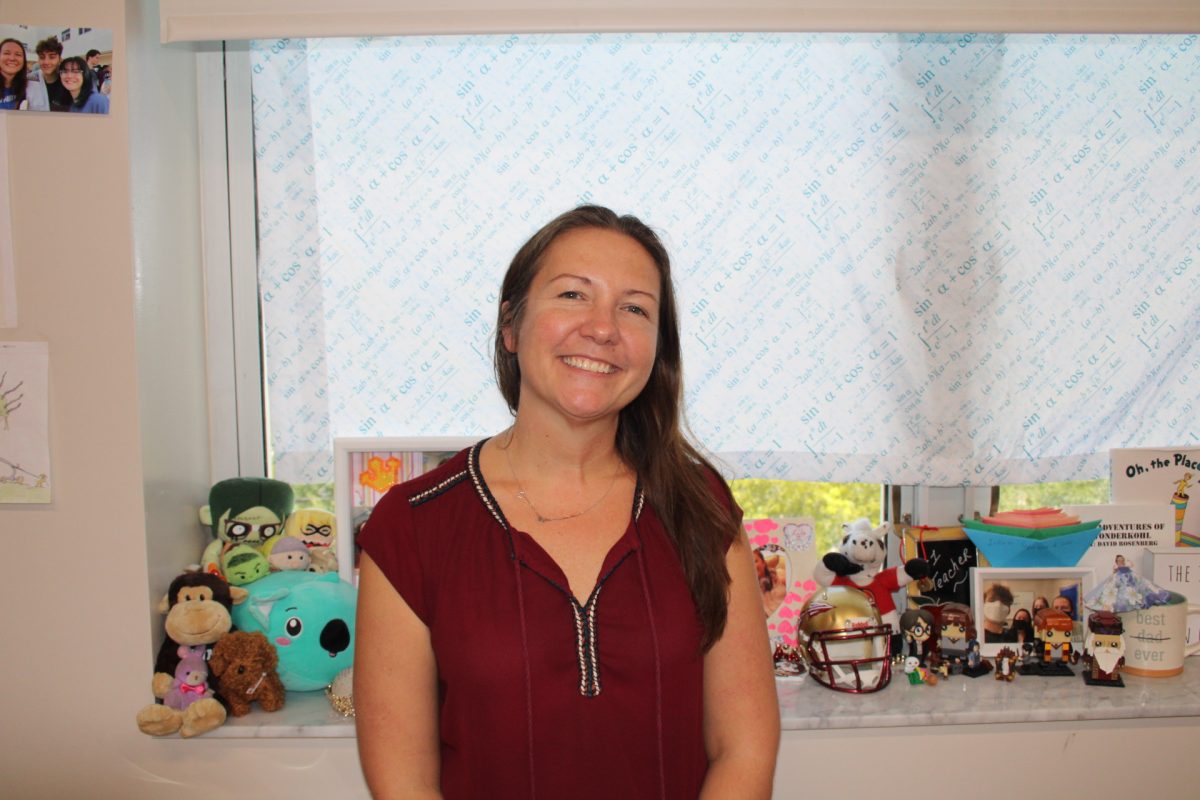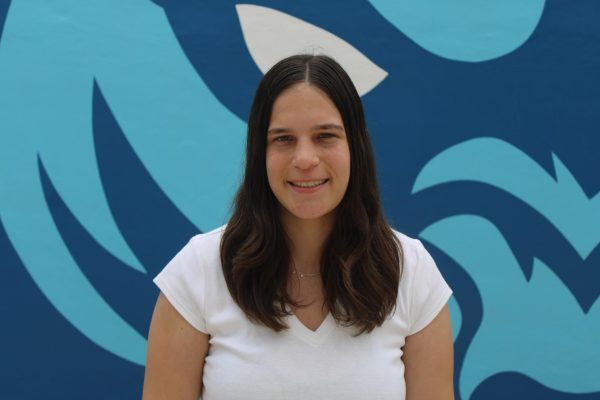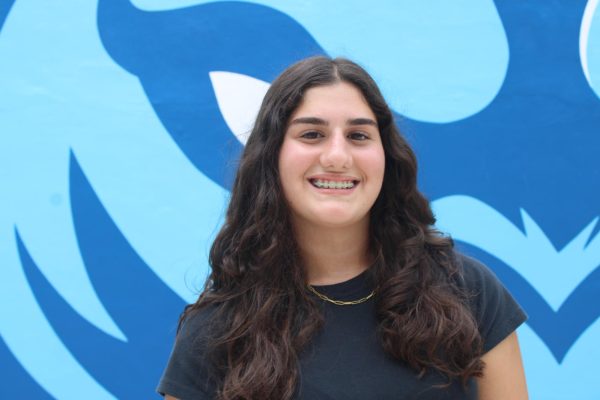This January, The Panther spoke to Miami Palmetto Senior High Advanced Placement Environmental Science teacher and Science Department Chair Pamela Shlachtman to learn more about her time before becoming a teacher and the highlights of her teaching career.
The Panther: Can you tell us about your life before becoming an [AP] Environmental Teacher?
Shlachtman: I worked for the Cooperative Extension Service doing energy audits. I was a Chemistry major in college and I went back and got degrees in Environmental Science. I did my private work, did energy studies and did an economic analysis of the high-efficiency air conditioners. Energy Strategy keeps load energy conservation strategies … I stayed in college as long as I possibly could. I was an adjunct in the 1980s or mid-90s.
The Panther: What was your favorite science class as a student? What made you fall in love with science as a whole?
Shlachtman: Chemistry. I just like science, I mean, science is fun, it’s cool. It explains things, and it’s fun to blow things up. It’s fun to mix things together and see what you get. I know it is kind of like fireworks. I could change the color of my smoke bombs just by using different salts.
The Panther: What have you taught besides APES? Which one was your favorite?
Shlachtman: I taught AP Bio, and I have taught AP Physics C and I taught AP Chemistry. [My favorite was] APES, I like APES because, in AP Bio, the content really never changes and AP Chem doesn’t really change. And in APES, your basic concepts aren’t going to change, but the application changes. So for example, if we are talking about energy right now, the current president rescinded more than 20 of the executive orders and memorandums of former President Joe Biden and also instituted other ones. So for example, he wants to drill in Alaska, in the Arctic National Wildlife Refuge. So the question that’s going to be posed to you guys is, how much oil is there? How much oil do we use? How long is it going to last?
The Panther: How long have you been teaching APES for?
Shlachtman: Since it was a baby. 1997 was the first year. So at the university, I taught a class in energy, and I taught a class in pollution.
The Panther: Why did you want to become a teacher?
Shlachtman: It was not necessarily something I wanted. I mean, I never took an education class till I had to. I liked adjuncting at the university. Thought that was fun, and so everybody felt I kind of needed a full-time job instead of just [adjuncting]. I worked at [Miami-Dade College] and also FIU. And I mean, the first time I wrote a lecture was at [Miami] Dade. It was a class called PSE 1515, and it was in the summer, so I think the class was three and a half or four hours long. It took me like four hours to write my lecture. I even built in pauses.
The Panther: Tell us about becoming head of the Science Department. What was the process behind that?
Shlachtman: Ms. Valois was the head of the Science Department before me, and she had been the head of the Science Department at MPSH for a long time, and so when she was ready to retire, I guess I was the one that was kind of ready to step in.
The Panther: What is the biggest challenge you have faced in life?
Shlachtman: People that do not try, I find people that do not try very frustrating, because if you’re not doing well, but you’re trying, then there are strategies you can use to do better.
The Panther: What is the biggest challenge you have faced as a teacher?
Shlactman: I think it is morphing what you do. So you can continually try to motivate people and get people to appreciate their place in things. So I think that environmental science is one of the most important courses people take because of the fact that if you go to college, it pertains to almost any class you’ll take in college … It has a finger in a lot of different places. And I think it’s a good course, an entry-level AP class because I think you figure out how to think and how to take notes. And I think other classes, hopefully, are easier because of that.
The Panther: Tell us the story about your dog, Ruthie B.
Shlactman: It had been about six months since my last dog died. I had three dogs, and so I always had dogs, so I wanted to get a puppy because, you know, puppy breath, who could resist? And so my sister-in-law saw this litter of puppies that was up near Venice, Florida so we went up when the puppy road trip went up when the puppies were about six weeks old. I got to go in the puppy pit with 10 puppies because they were being fostered. I walked out, and Ruth followed me. She had the little white feet, you know, she was like, “Pick me.” So we were going to go up in a couple of weeks to get her because they wanted to wait. We ended up going up the next weekend and picking her up. She was little. She was like 10 pounds. She would sleep on my neck. She’s no longer 10 pounds and still sleeps on my neck.
The Panther: How and when did you first start inviting students over to study for the APES test?
Shlactman: I started studying with my students for the AP exam way back when I was at South Dade teaching AP Chem. And that’s because I started at school taking people out so they could study during the day and bring in food. And I got yelled at for letting them eat in the media center, [and I said], “They’re not skipping,” and they said we should just write up a field trip. I said, “Okay,” I can do that. So we started by writing a field trip up, because I only had maybe six or 10 people, and we would just go to somebody’s house and chill and study all day. And then it just kind of continued here. I think it is a fun way to study, and people have found it useful. I think that’s fun, and it helped on the exam.
The Panther: Do you believe it to be a more helpful method for the students?
Shlactman: I think people pay better attention. Because I always say, “It’s my house, I can throw you out.”
The Panther: On the topic of your house, could you tell us the story behind your pool?
Schlactman: My parents bought the house way back in ‘69 and I’ve been out of the house for a while. I moved back in the house, and then we had Hurricane Andrew, so I had moved out of the house, and I moved back, like, two years after. I got ready to move back in, my nephew and his friends went to the mall and got a bunch of sunfish. My nephew and his friends put some fish [in the pool], so I had those. I put goldfish in, and it was like, “Yeah, I think I like this.” Then in 2000-2001, one of my students had soft shell turtles, so I put them in and they lasted for a long time. The former principal here, and one of our teachers, [gave me their] turtles, and so they came into [the pool]. Then Mr. Hayduk’s daughters had turtles growing up, and they all went off to college. He was like, “Oh, do you want the turtles?” [I said], “Yeah, I’ll take this turtle.” So I got those two turtles. And then probably eight months ago, something like that, in my friend’s neighborhood, there was a turtle walking around, so I came over and got the turtle, and now the turtle is in the pool.










